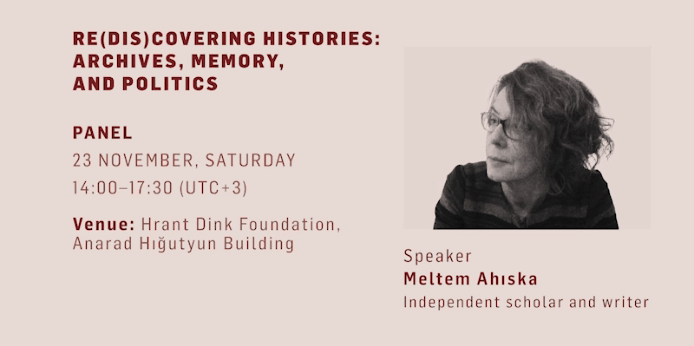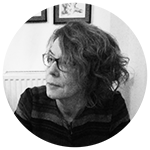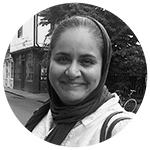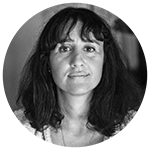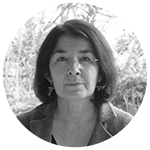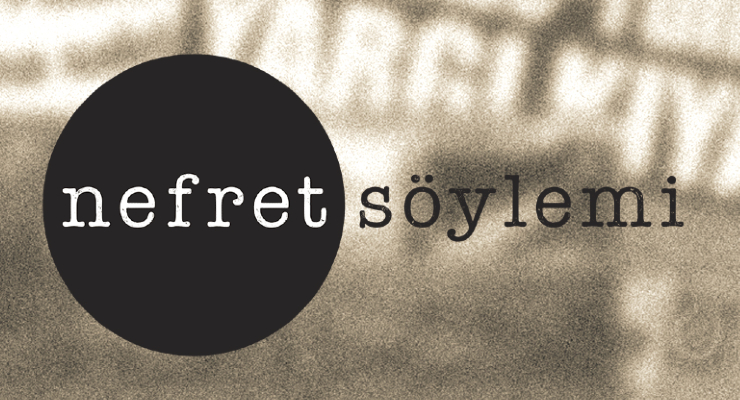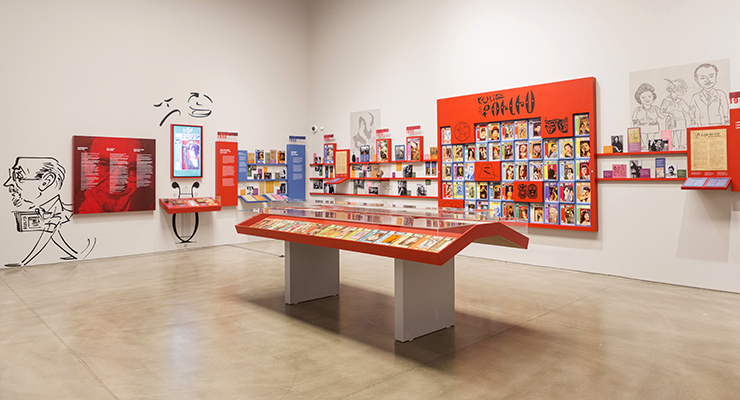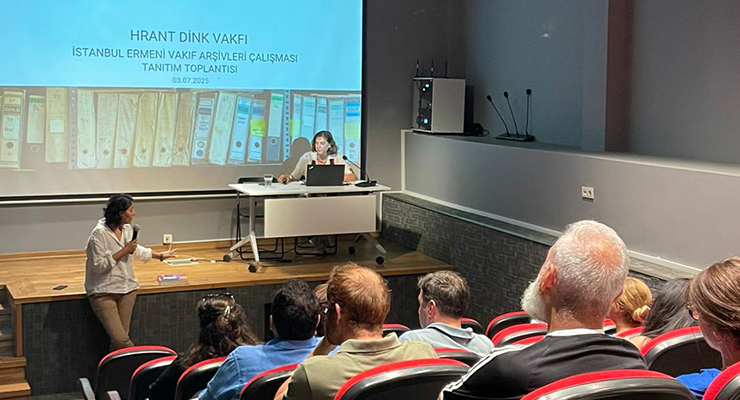Panel: Re(dis)covering Histories: Archives, Memory, and Politics
23 November 2024 Saturday
Hours: 14:00–17:30 (UTC+3)
Venue: Hrant Dink Foundation Anarad Hığutyun Building
Papa Roncalli Street, No:128, Harbiye, Şişli/İstanbul
This panel will explore the intricate politics of archives and their complex relationship with social and individual memories. Through theoretical discussions and different case studies across various contexts and disciplines, we attempt to examine the following issues: the nature of archival work; the power relations inherent in the selection, categorization, and accessibility of archival materials; the role of archives and archival practices in the preservation and interpretation of historical narratives; the meaning and nature of archives in the context of atrocities and wars; the mutual constitutive relationship between memory and archives; questions of representation, authority, and the implications for social justice and historical accountability.
- The panel will be an in-person event.
- The duration of the event is 3.5 hours.
- Please fill out the registration form.
- There will be simultaneous interpreting in Turkish and English.
- It will be live-streamed on the Hrant Dink Foundation’s Youtube account.
Mezna Qato: The Archivists of Gaza
Annihilation is a process, fluctuating in speed. It drones. Bombards. Burns. Thermobaric waves of heat. And it plunders. These will be initial notes on the ongoing genocide in Gaza, its archives, and its archivists. It is a reflection on the location of archives in the histories of Palestine and its peoples, and on the ways in which archive-making as a ground on which the very stakes of peoplehood have been fought against settler-colonial invasion. Drawing from over ten years of collaborative work with archivists in Gaza, this will be a study on what archives mean for those tasked with shaping them, and for those of us who rely on them to approach history. In thinking of these collections and their caretakers, I aim to question how and why do archives remain such a crucial modality for historical reckoning, and how might we consider such a reckoning without them.
İren Bıçakcı, Deniz Derya Dertli, Lara Çakmak: Tracing Armenian Heritage Through the Archives of the Armenian Foundations
Based on the ongoing archival work of the Hrant Dink Foundation’s Archive Team with Armenian institutions, this presentation will explore the Armenian heritage in Istanbul from the late 19th to early 20th centuries. A selection of archival materials, including photographs, letters, and records, from the collections of Şişli Karagözyan Orphanage, Galata Getronagan High School, Pangaltı Anarad Hığutyun School, and Balat Surp Hıreşdagabet Church & Horenyan School, will be analyzed to evaluate their contribution to the research on Armenian heritage. These collections will be examined in the context of community archives, focusing on the historical and contemporary roles of these institutions in Armenian communal life, and the future of Armenian institutional archives will also be discussed.

